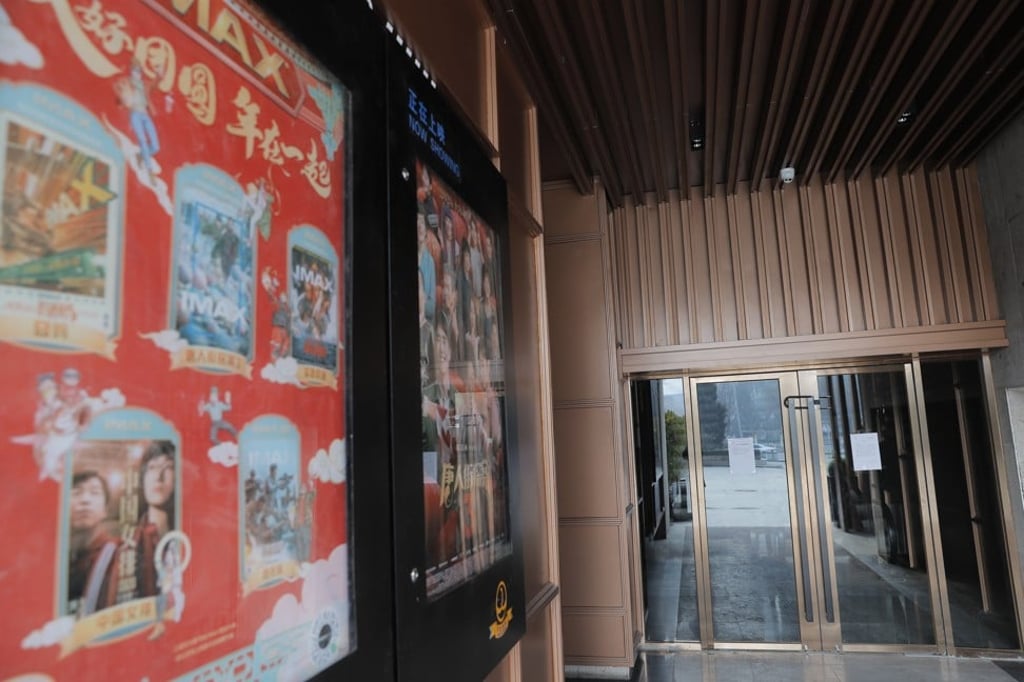Advertisement
Coronavirus outbreak means China won’t become No. 1 film market in 2020, with cinemas closed and major releases in doubt
- Pundits had predicted the film business would earn more money in China than the United States this year, put the coronavirus outbreak has put paid to that
- While Hollywood is assured of supremacy for another year, it won’t escape unscathed from the crisis that has shut cinemas, with its revenue set to take a hit
Reading Time:2 minutes
Why you can trust SCMP

China is no longer on track to dethrone the United States as the world’s No. 1 movie market this year.
The coronavirus has clobbered the burgeoning Hollywood rival, virtually wiping out ticket sales during the recent seven-day Lunar New Year holiday – a week that’s been historically the busiest for box-office collections. Cinemas across the country have remained shut since January 24, while the fear of infection has prompted people to avoid crowded places.
Losses from the collapse of ticket sales mounted to US$1 billion during the festive period, according to estimates by Rance Pow, chief executive officer of cinema industry consulting firm Artisan Gateway. That number is about 10 per cent of the anticipated revenue in 2020, and is set to rise as uncertainty over the outbreak persists.
Advertisement
The deadly virus that’s killed more than 600 people and roiled the Chinese movie market is also threatening to hurt Hollywood, which is increasingly relying on Chinese audiences for growth as domestic ticket sales decline. The Walt Disney Company said this week that the epidemic is a headwind for its studio.

Advertisement
“The loss will do significant financial damage to both cinemas and production companies in China, and if cinemas remain closed for several more weeks, the financial harm will expand,” said Lindsay Conner, partner and leader of the entertainment consultancy of Los Angeles-based Manatt, Phelps & Phillips. “With Chinese cinemas closed due to the outbreak, Hollywood’s plans for distributing new films in China are also uncertain.”
Shares of Wanda Film Holding, a cinema operator controlled by billionaire Wang Jianlin, have plunged 26 per cent since January 17. Imax China Holding, which operates giant screens, has tumbled 22 per cent, while Beijing Enlight Media, one of China’s largest studios, slid 16 per cent.
Advertisement
Select Voice
Choose your listening speed
Get through articles 2x faster
1.25x
250 WPM
Slow
Average
Fast
1.25x